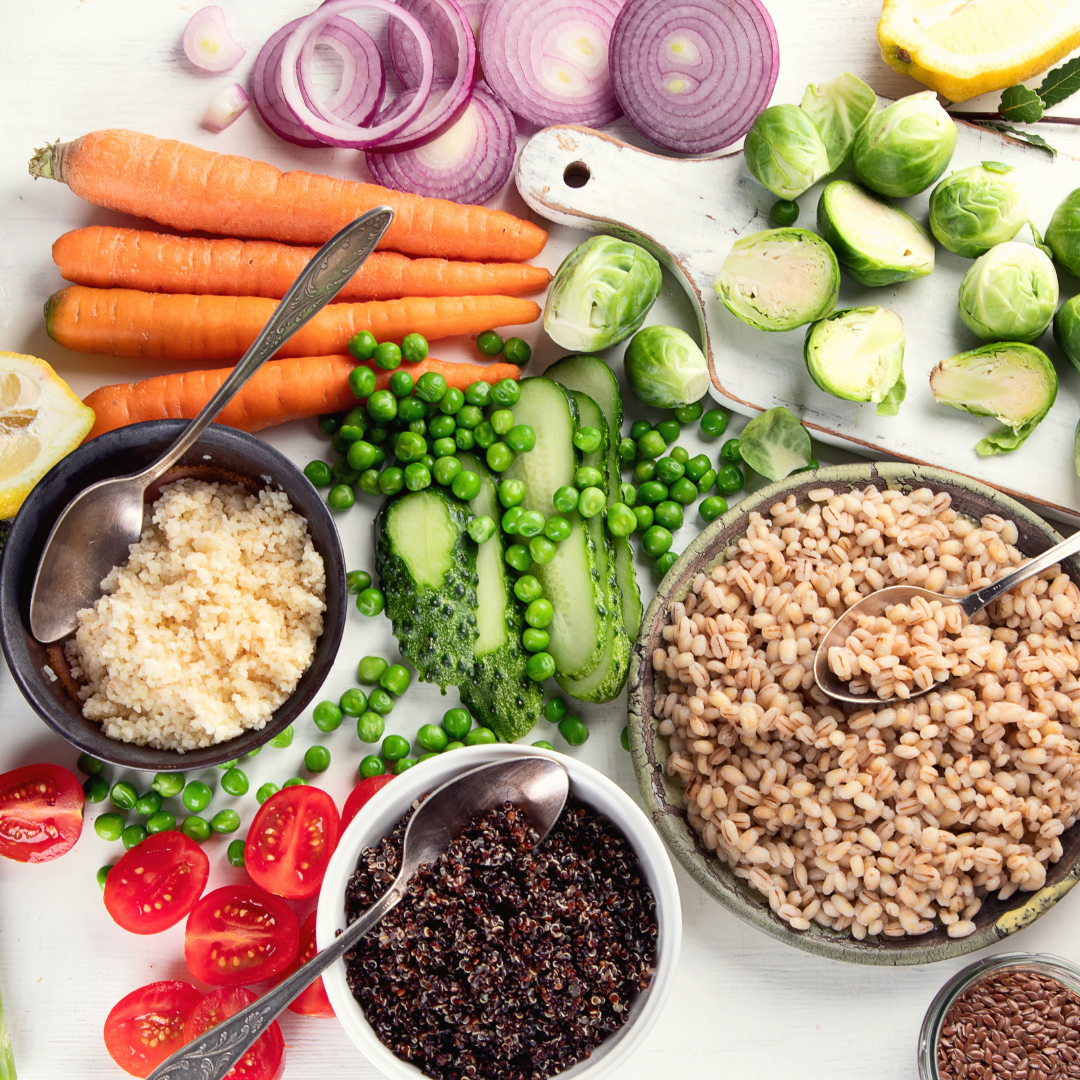
Veganuary
Our new craze is Veganuary
WHY GO VEGAN?
The origins of veganism lie in concerns about animal welfare. Industrial-scale livestock farming causes suffering for huge numbers of animals. And even those rare farmers who make animal welfare a priority still kill them – somewhere in the region of 50 billion land animals are raised and slaughtered every year – most in terrible conditions. Then there is the environmental impact. Cattle farming contributes to deforestation, water degradation and loss of biodiversity. It also puts out nearly 20 per cent of all man-made greenhouse gases – more than all forms of transport combined.
HOW HEALTHY IS A VEGAN DIET?
There’s little doubt that cutting out – or seriously reducing – red and processed meats is good for your health, and for the planet. But veganism goes further. A vegan only eats plants, or foods made from plants. Unlike most vegetarian diets, it gets rid of dairy as well – no eggs, cheese or milk.
.
The NHS rECOMMEND
For a healthy vegan diet:
- eat at least 5 portions of a variety of fruit and vegetables every day
- base meals on potatoes, bread, rice, pasta or other starchy carbohydrates (choose wholegrain where possible)
- have some fortified dairy alternatives, such as soya drinks and yoghurts (choose lower-fat and lower-sugar options)
- eat some beans, pulses and other proteins
- eat nuts and seeds rich in omega-3 fatty acids (such as walnuts) every day
- choose unsaturated oils and spreads, and eat in small amounts
- have fortified foods or supplements containing nutrients that are more difficult to get through a vegan diet, including vitamin D, vitamin B12, iodine, selenium, calcium and iron
- drink plenty of fluids (the government recommends 6 to 8 cups or glasses a day)
If you choose to include foods and drinks that are high in fat, salt or sugar, have them less often and in small amounts.
.
